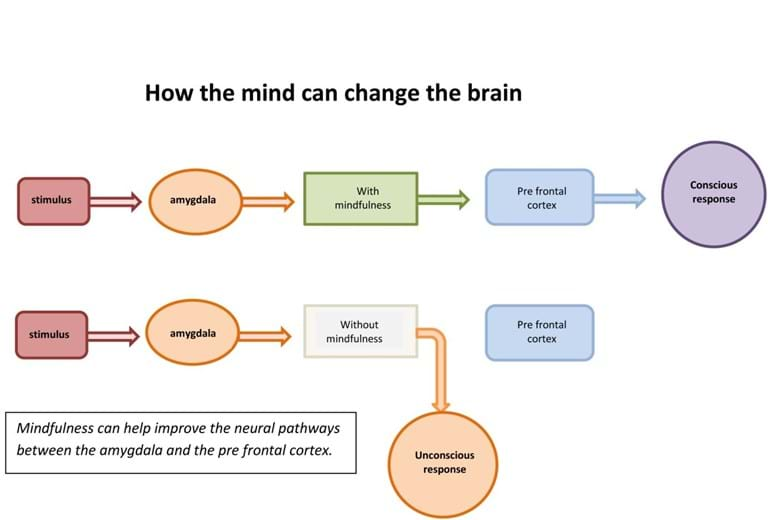18 years or under with BPD
18 or under with BPD
If you are under 18 and have BPD you would possibly be feeling confused and angry. The first thing anyone who has any serious illness says is: why me? Another thing we all try to do is pretend it isn’t happening and hope it will go away.
Well mental illness is not something you have chosen, but it happens. What we can do is chose recovery.
What is BPD?
When they have looked at people with BPD in an MRI, they discovered that people with BPD have less neural pathways from the amygdala to the pre frontal cortex. What the heck does that mean eh?
Well a neural pathway is like a rapid transit passageway. It works like this: something happens for example, the dog widdles on the carpet, and we feel angry (that happens in our amygdala) the angry message travels to our prefrontal cortex. When it gets there we can think ‘oh poor Puddles, he is old and sick and can’t help himself’ and instead of being angry, we can feel sorry for him. But if the messages from the amygdala are not getting through to the pre frontal cortex easily, then we can stay angry.
The amygdala is that part of the brain that goes back to dinosaur times, it manages our fight, flight or freeze response; it’s where we feel fear especially. Our pre frontal cortex is where we think, where we use our logic and rational mind. When we recover from BPD, we do not just use our emotional mind, neither just our logic mind - we use our wise mind which is a balance between emotion and logic.
Now there is possibly at bit more to what is going on in your mind, but that is a good start to try to explain what’s happening.
The good news is that because of your age, your brain is still developing and is ‘plastic’. No not plastic like a disposable box, but plastic because it can change.
That doesn’t mean that change is easy. The path to recovery is a challenge and we need an expert advisor to help us find our way. That means someone like a psychologist. Someone you can trust.
Where to find support
There are people who want to help but sometimes that help can seem hard to find. An adult with experience and who loves you and who wants the best for you would be good. It could be that you feel you have no family support at all but for many people the person they trust is a parent or other relative. If you can find someone who has known you all your life, who loves you and who you can trust, that should the best person for you. If you can’t, reach out for someone like a social worker who can help support you.
When you have found that person, talk with them. Ask for their help. And together begin your journey towards recovery which means finding treatment that you can trust.



